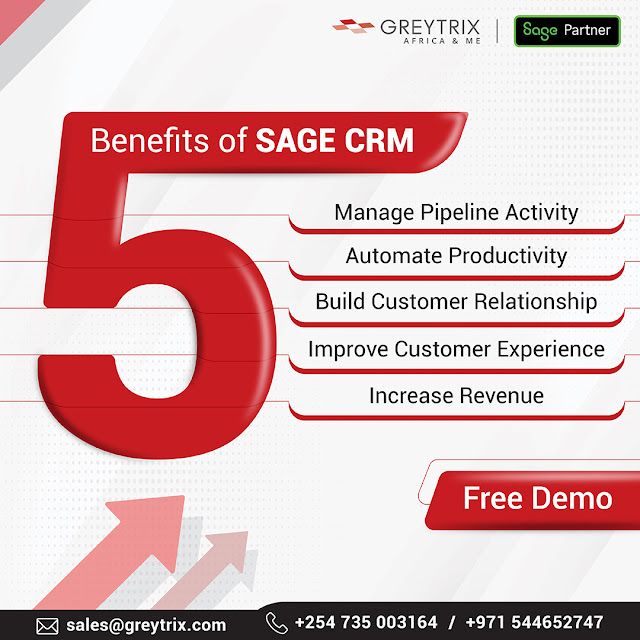How CRM Enhances Collaboration Between Sales and Marketing Teams

Effective collaboration between sales and marketing teams is critical for driving business growth, improving customer relationships, and ensuring a seamless buyer journey. However, achieving this synergy has historically been a challenge due to misaligned goals, poor communication, and siloed workflows. This is where Customer Relationship Management (CRM) systems come into play. A well-implemented CRM system acts as a central hub for data, communication, and strategy alignment, fostering better collaboration between sales and marketing teams. Here's how CRM software bridges the gap and enhances team cooperation: 1. Centralized Data Access One of the primary benefits of a CRM system is its ability to consolidate customer data in a single location. Both sales and marketing teams can access detailed customer profiles, purchase histories, preferences, and interactions. This centralized access eliminates duplication of efforts and ensures that both teams work with accurate, real-...





